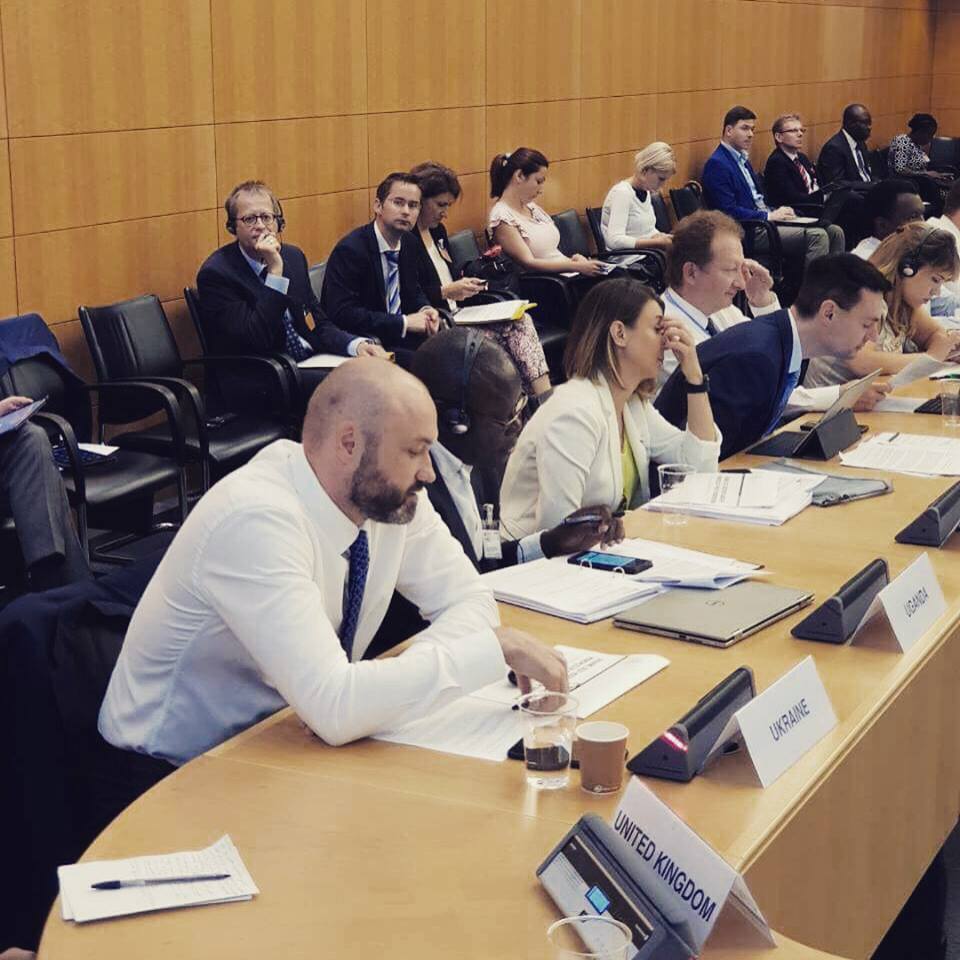
Ukrainian lawmakers and cryptographic industry representatives are expected to submit a draft legislation to the National Assembly in September, which will levy 5% of the proceeds from cryptography, legal currency transactions and mining.
In Ukraine, there is still no legal framework for legalization or regulation of cryptography. The third law on cryptography has not been deliberated by the Ukrainian parliament since October last year, and the fourth bill is expected to be submitted in September. The proposal is implemented as a provisional tax in 2019, with a target date of 2025. This legislation taxed 5% of the profits from the exchange of legal and currency notes and commodities, and the benefit of the exchange of encrypted notes was deducted from the taxable.
In Ukraine, efforts are being made to incorporate these into the system of legalization and regulation surrounding cipher money. Timur Khromaev, chairman of the National Securities and Exchange Commission (NSCMC), who oversees the cryptographic market in Ukraine, said in his July interview with Facebook that the NSSMC will make arrangements for cryptographic policy around cryptographic regulation . It is necessary to define cryptograms and tokens as financial instruments and regulate them, as well as roles and functions of government agencies as well as entitlement and disclosure of trading participants.
The NSSMC is tasked with identifying concerns that threaten the stability of Ukrainian financial and banking systems and minimizing risk. He added that the move would be an important first step in forming a consensus between government agencies and financial regulators, he said. He says the maintenance will be aimed at securing transparency between the investor and the cryptographic market participants.

The fact that he regards the cipher money as a financial instrument is due to the need to adopt a provision that legally recognizes the cipher money proposed by the NSSMC in May. With the development of the cigarette money industry, this market can be seen as a key role in economy and finance.
As a result, since the IOSCO annual meeting of the International Securities Regulatory Commission in May, Cryptography has become a key element in the economy and finance since the last three years of its development through Facebook. It emphasizes the necessity of introducing institutions. If you borrowed his expression, you would have come to an irreversible place.
He pointed out that the cipher money and its operation should be done within the existing legal framework as it has a different currency characteristic from paper and digital, and it should be enacted at the national level.
Meanwhile, the Ukrainian Central Election Commission is reportedly considering voting with the block chain. It refers to the test proceedings made by the Commissioner through the July block chain on his Facebook page. We have 28 nodes in the test, and according to the test results, he estimated the cost of block-chain voting to be $ 1,227 per node installation.
In addition to Ukraine, West Virginia, USA, also started a voting test in March with a combination of smartphone and block chain. It is to vote on the registered voters using the block-chain platform. The goal is to make a mistake-free voting process with a block-chain technology for smartphone-based voting applications. We will conduct mobile voting tests in elections to improve accessibility and stability of the electoral system. In this test, voters need an Apple or Android device, a valid state or federal government ID.
In addition to attempting to utilize the block-chain technology in various aspects such as elections, as mentioned above, Ukraine is continuing its efforts to incorporate cryptographic money into the system. A survey conducted in Ukraine earlier this year found that 72 percent of people using the Internet said they knew the money. Another 13 percent said they have certain passwords. In addition, 41 percent of the respondents said they support legalization of cryptography, while 19 percent said they should be completely forbidden.




















Add comment